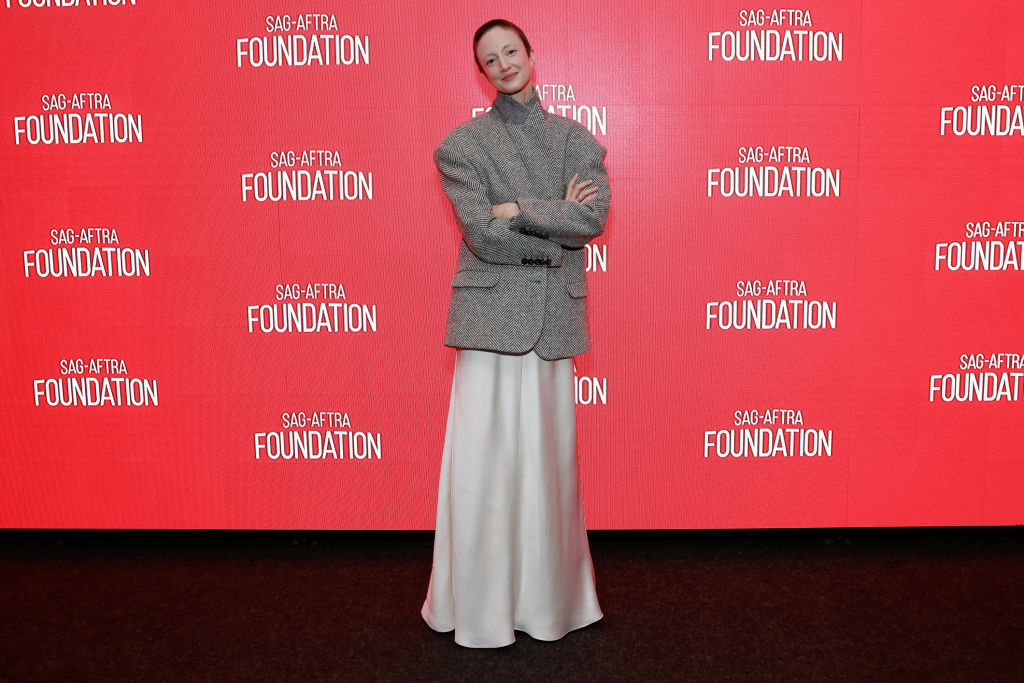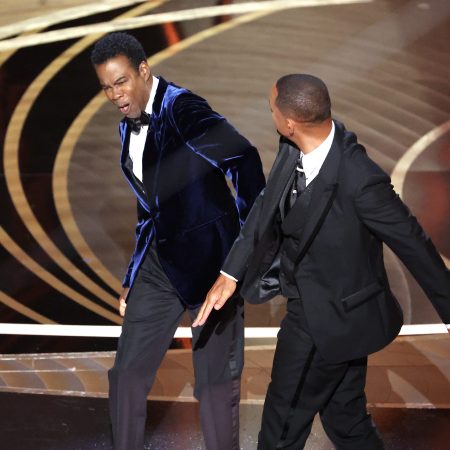Could we see one of this year’s Academy Award nominees be rescinded? That’s one of the biggest questions to emerge after the Academy of Motion Picture Arts and Sciences announced that it had begun looking into this year’s nomination process.
“We are conducting a review of the campaign procedures around this year’s nominees, to ensure that no guidelines were violated, and to inform us whether changes to the guidelines may be needed in a new era of social media and digital communication,” the Academy said in a statement. As reported by The Hollywood Reporter, this follows questions over the campaign that led to Andrea Riseborough’s unexpected Best Actress nomination for the film To Leslie.
If you haven’t followed the increasingly tense narrative surrounding Riseborough’s nomination, here’s a short explanation. On one hand, Riseborough has been doing acclaimed work in acclaimed films for years now. On the other hand, two names who weren’t on the final list of nominees — both of whom had been widely believed to be solid bets to appear there — were Danielle Deadwyler and Viola Davis. And with the Oscars regularly criticized for a lack of racial diversity, the notion that a grassroots campaign for a white actress could come at the expense of a Black actress being awarded for their work is, shall we say, not great.
On Thursday, Puck’s Matthew Belloni broke the news that the Academy was looking into another side of the controversy — namely, whether the campaign to get Riseborough a nomination violated the Academy’s rules. Belloni points to one about lobbying, which prohibits “[c]ontacting Academy members directly and in a manner outside of the scope of these rules” — something that he notes can be difficult to distinguish from more traditional publicity pushes.
The last time a nominee ran afoul of this rule was in 2014, when one of the nominees for Best Original Song was removed from consideration (and the official list of nominees). As The Hollywood Reporter noted at the time, it’s far from the only time that this has taken place — The Godfather lost its Original Score nomination, to cite one especially high-profile example. But it’s also worth pointing out that the 2014 removal of the nomination for the song “Alone Yet Not Alone” did not result in a new nominee being added.
There’s yet another issue at hand here — the attempt to turn what seems like a structural issue into something much more specific. That’s the point made by critic Robert Daniels, who has written thoughtfully on the entire controversy, in an insightful post on Twitter.
Daniels referred to this investigation as “the system’s attempt to shift blame to an individual so they themselves will have to do minimum soul searching.” And, unfortunately, recent Oscars history has included plenty of manufactured controversies that attempted to simplify much larger issues — which suggests that this will be yet another missed opportunity.
Thanks for reading InsideHook. Sign up for our daily newsletter and be in the know.

















